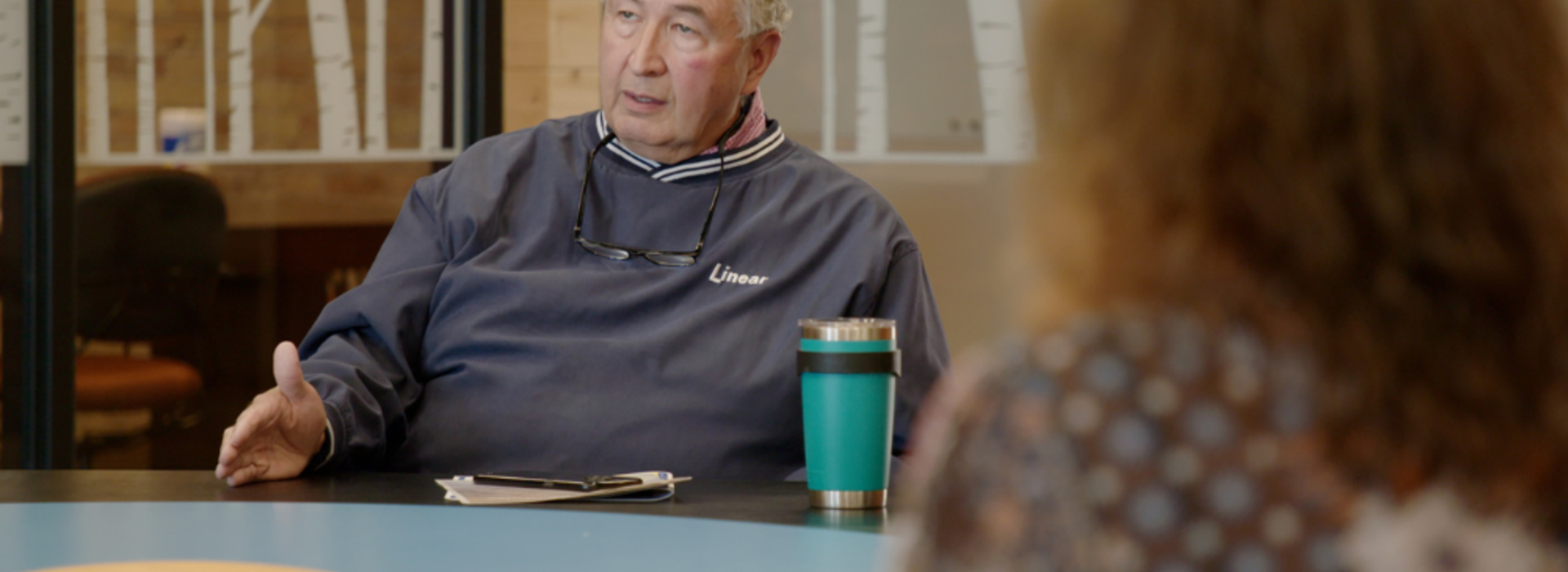
Memory Keepers Medical Discovery team addresses rural and Indigenous dementia disparities
Memory Keepers Medical Discovery team addresses rural and Indigenous dementia disparities
Researchers at the University of Minnesota Medical School, Duluth Campus have built relationships with Indigenous communities to build trust and improve health outcomes of Indigenous elders with dementia.
Dementia is a growing concern in rural Indigenous communities, where access to health education and care is often limited. The University of Minnesota Medical School, Duluth Campus’s Memory Keepers Medical Discovery Team was recently featured in a Duluth News Tribune article featuring their work to break down barriers and conduct research to better understand dementia in these communities.
Memory Keepers Executive Director Kristen Jacklin, PhD, says that establishing relationships with Indigenous communities to build trust has been a priority of the Memory Keepers since they formed seven years ago.
“We work with populations who have greater hesitancy to work with universities,” she explains. “In the case of Indigenous communities, there’s a dark history of university researchers abusing their power and conducting unethical research with their community members. That’s something that’s difficult to overcome and can only be overcome with very careful relationship development and trust development.”
One of the biggest challenges of studying dementia in these communities is the lack of data. Jacklin and her team have been working to fill this gap by partnering with Indigenous communities to collect data and build a more comprehensive understanding of dementia and its risk factors.
The team has already conducted several studies, including one that examined the impact of community engagement on dementia knowledge and awareness. They found that community members who participated in education sessions were more likely to have accurate knowledge about dementia and were more likely to seek help if they or a loved one were experiencing symptoms. Another study focusing on the role of physical activity in dementia prevention found that physical activity was associated with a lower risk of cognitive decline in Indigenous elders.
Memory Keepers’ research is critical for developing effective interventions to address dementia in rural Indigenous communities. By identifying their unique risk factors and working with Indigenous communities to develop culturally relevant interventions, the team is taking important steps towards addressing health disparities and improving the health of Indigenous elders and their communities.